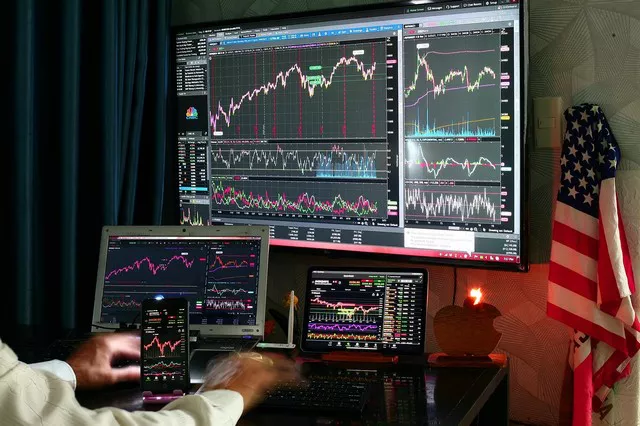FTSE futures are a type of financial derivative that allows traders to buy or sell future contracts for FTSE indices. In this guide, we will explain everything you need to know about FTSE futures, including their definition, mechanics, and uses in trading.
Definition of FTSE Futures
FTSE futures allow traders to buy and sell future contracts for FTSE indices. A futures contract is a legal agreement to buy or sell a particular asset at a predetermined price at a specified time in the future. Futures contracts are standardized for quality and quantity to facilitate trading on a futures exchange. Futures contracts offer buyers and sellers the ability to lock in purchase (or sale) prices of an asset for a specific date in the future, often to mitigate the risk of unfavorable price movements from the date of the agreement until the expiration date.
Mechanics of FTSE Futures
FTSE futures are traded on futures exchanges, such as the Chicago Mercantile Exchange (CME) or the New York Mercantile Exchange (NYMEX). These exchanges provide a centralized marketplace for buyers and sellers to trade futures contracts. FTSE futures contracts are standardized to facilitate trading on a futures exchange. They detail the quantity of the underlying asset and are standardized to facilitate trading on a futures exchange.
Uses of FTSE Futures
FTSE futures contracts can be used for hedging or trade speculation. Hedging is the practice of using futures contracts to offset the risk of adverse price movements in an underlying asset. Trade speculation is the practice of using futures contracts to profit from price movements in an underlying asset.
Hedging with FTSE Futures Contracts
Hedging with FTSE futures contracts involves taking a position in the futures market that is opposite to an existing position in the cash market. This is done to offset the risk of adverse price movements in the cash market. For example, a fund manager may sell a futures contract for the FTSE 100 index to lock in a price, thereby hedging against the risk of falling stock prices.
Trade Speculation with FTSE Futures Contracts
Trade speculation with FTSE futures contracts involves taking a position in the futures market to profit from price movements in the underlying asset. This is done by buying or selling futures contracts in anticipation of price movements. For example, an investor may buy a futures contract for the FTSE 100 index if they believe the price of the index will rise in the future.
Advantages of FTSE Futures
FTSE futures contracts offer several advantages to traders, including:
Liquidity:
FTSE futures contracts are highly liquid, meaning that they can be bought and sold quickly and easily. This makes it easy for traders to enter and exit positions in the market.
Leverage:
FTSE futures contracts offer leverage, which means that traders can control a large amount of the underlying asset with a relatively small amount of capital. This can amplify profits, but it can also amplify losses.
Diversification:
FTSE futures contracts offer traders the ability to diversify their portfolios by gaining exposure to a broad range of assets.
Risks of FTSE Futures
FTSE futures contracts also come with risks, including:
Price Volatility:
FTSE futures contracts are subject to price volatility, which means that the price of the underlying asset can fluctuate rapidly and unpredictably. This can lead to significant gains or losses for traders.
Leverage:
While leverage can amplify profits, it can also amplify losses. Traders should be aware of the risks associated with leverage and use it carefully.
Counterparty Risk:
FTSE futures contracts are traded on futures exchanges, which act as intermediaries between buyers and sellers. There is a risk that the exchange or the counterparty may default on their obligations.
Conclusion
FTSE futures are a type of financial derivative that allows traders to buy or sell future contracts for FTSE indices. FTSE futures contracts can be used for hedging or trade speculation. FTSE futures contracts offer several advantages to traders, including liquidity, leverage, and diversification. However, they also come with risks, including price volatility, leverage, and counterparty risk. With this guide, you should be able to understand the basics of FTSE futures and how they can be used in trading.


